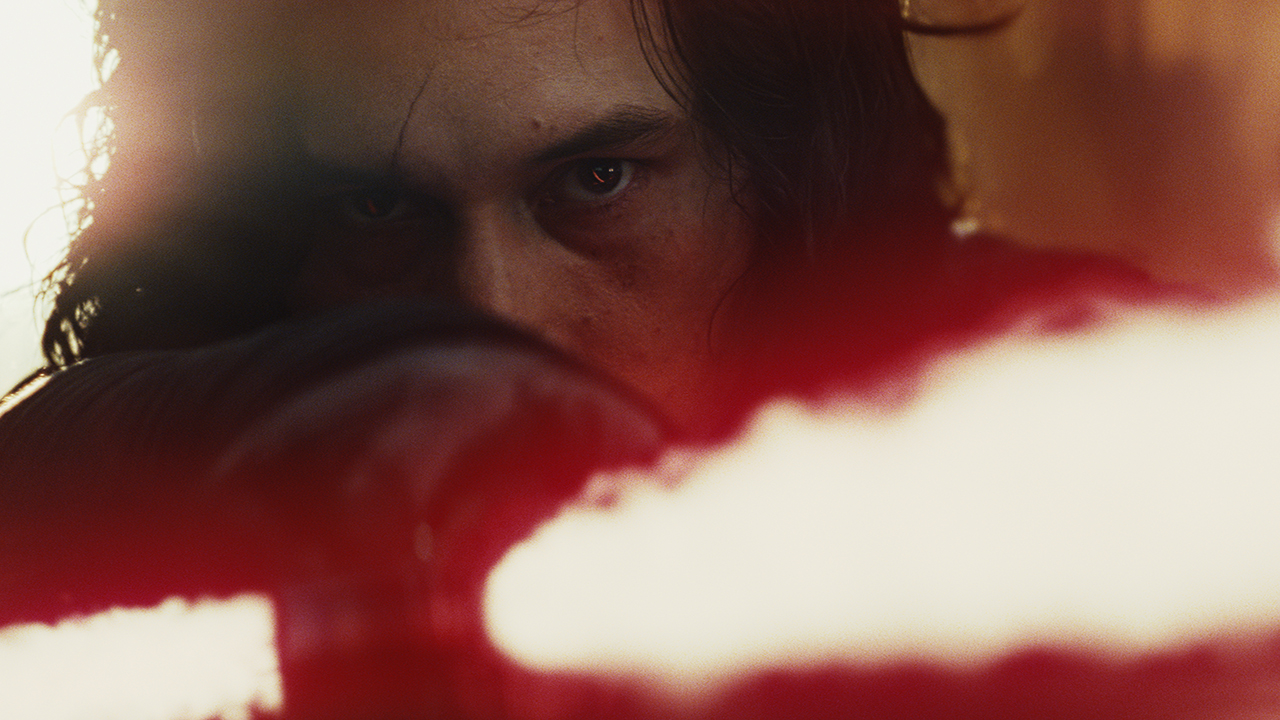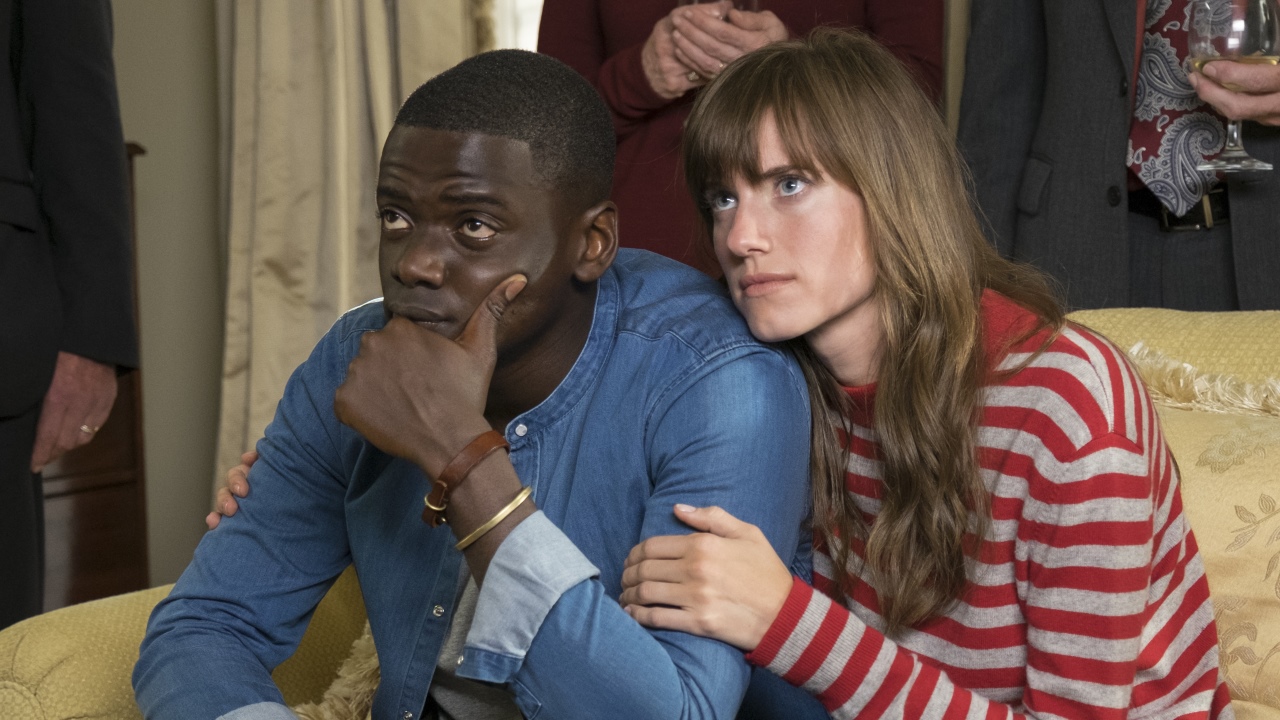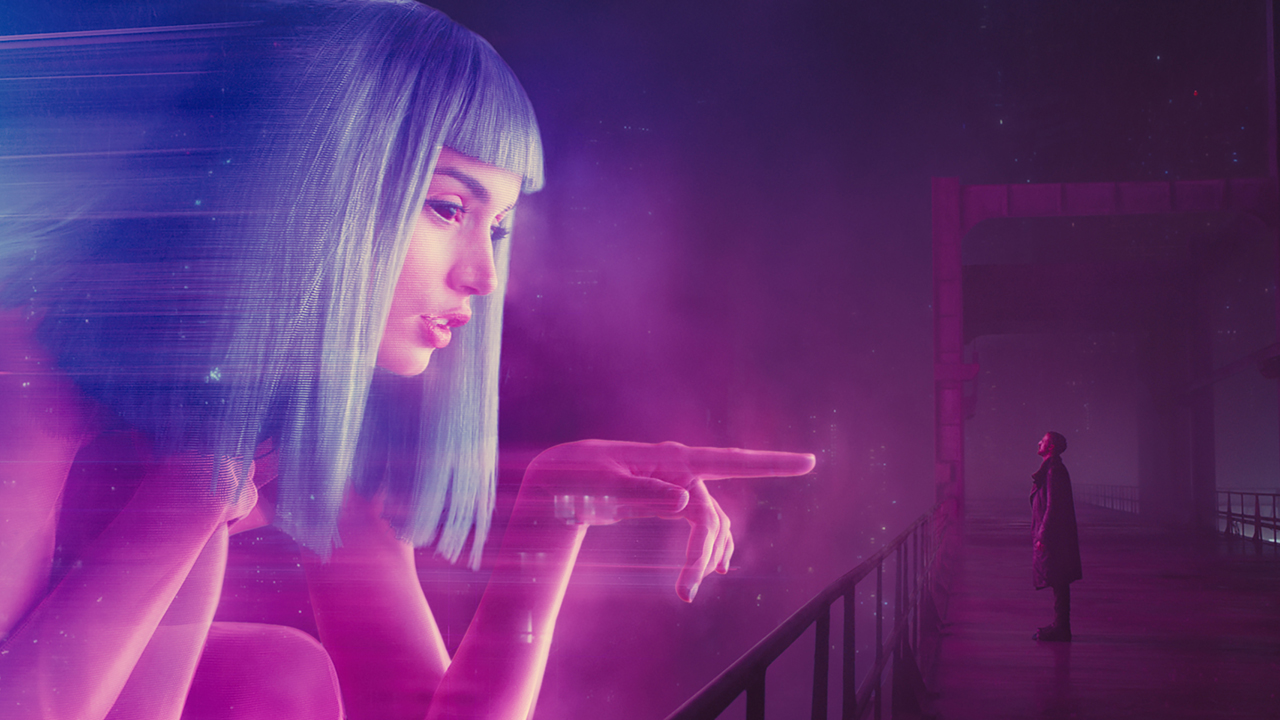Movie 2017 Year in Review: More superheroes, more sequels, and more blockbusters (but we’re not complaining)
Entertainment Editor Lauren O’Callaghan looks back on the year in film including the highs, lows, and everything in-between
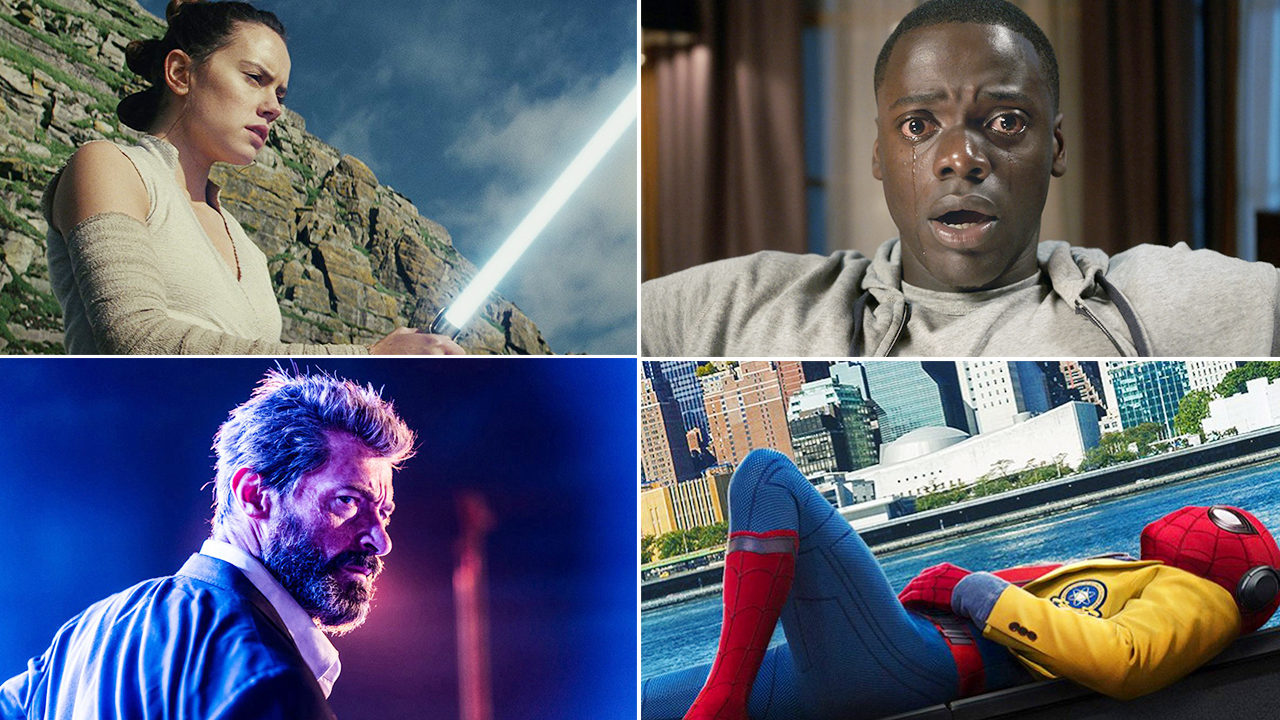
At a glance, 2017 was more of the same in the world of movies. We had more superhero films, more sequels, reboots, and spin-offs, and more massive blockbusters. But if you take the time to look a little closer, you’ll see that, actually, this year redefined what a superhero movie is, proved that not all franchises can live forever, and - while we’re definitely living in a golden age of blockbuster filmmaking - there’s still room for smaller, surprise hits.
Let’s start with the biggies. Star Wars. Need I say more? It might have released right at the end of the year, but there’s no getting around the fact that The Last Jedi was one of the biggest movies of the year. It’s also pretty divisive, but as Total Film magazine’s Editor, Jane Crowther, says: “Love or loathe, The Last Jedi was event cinema at its best.” While some fans proclaimed it was the perfect balance between fan-pleasing moments and new material which pushes the franchise further, others had serious problems with its tone and how it will fit within the trilogy. “I really enjoyed The Last Jedi. It had higher highs than The Force Awakens, but lower lows, too, so I ultimately preferred Episode 8,” says PC Gamer’s UK Editor-in-Chief, Sam Roberts. “I can also see why it might divide people, even if I think some of the criticisms are exaggerated.” One thing’s for sure, director Rian Johnson definitely didn’t let The Force Awakens dictate his story and The Last Jedi is all the better for it. “It's only worth bringing these old characters back if there's something new to say about them, and Johnson found a way to do that authentically,” agrees Roberts.
Speaking of Disney, the other big news for the movie studio this year was the announcement that it will be buying 20th Century Fox for a cool $52.4 billion. Fans the world over went wild over the possibility of the X-Men, Deadpool, and the Fantastic Four joining the MCU - more big blockbusters can only be a good thing, right? Well, as 2017 kind of proves, that really depends… “What we are seeing is that some franchises have a shelf life,” says SFX magazine’s Editor, Richard Edwards. “The new Pirates of the Caribbean, Transformers, and Alien films all underperformed relative to their predecessors, while Blade Runner 2049 (while an amazing movie) will not have made Warner Bros.' accountants happy.” Although 2017 had a number of successful sequels, remakes, and reboots, from John Wick: Chapter 2 to Beauty and the Beast, this year also proves that they’re not the sure money-making thing studios relied on a few years ago.
Horror movies rose from the genre sidelines to break into the mainstream
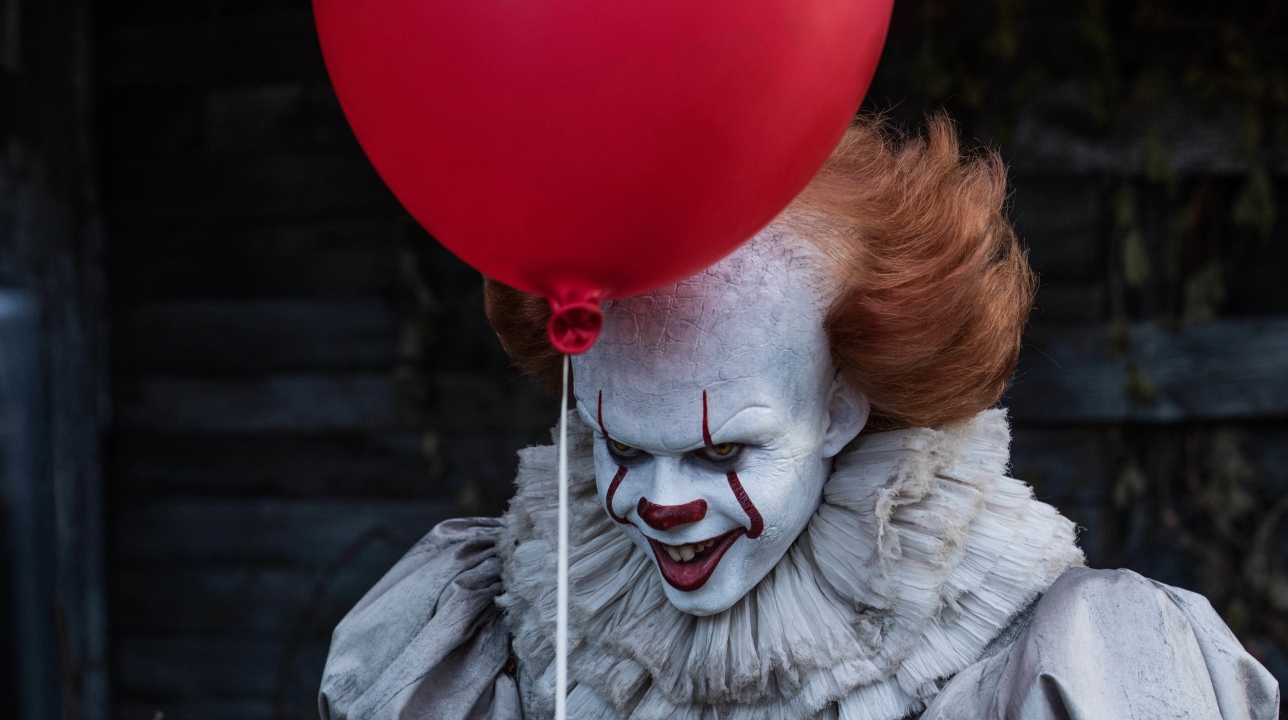
And in place of these disappointing big franchise releases? A fantastic year for horror films. Get Out, It, Raw, It Comes at Night, The Killing of a Sacred Deer... even Jigsaw and Annabelle: Creation, which look like tired attempts to reinvigorate mainstream horror franchises pleasantly surprised fans. You’d be forgiven for thinking 2017 was an exceptional year for horror movies, but as Freelance Movie Writer, Sarah Dobbs, says, horror has always been this good, it’s just a difficult genre to pin down. “It feels like there have been tons of great horror movies released this year, but it was hard to talk about them without having to have the same tedious old ‘Is that really a horror movie, though?’ conversation,” says Dobbs. “It feels like if a film has something to say, people are keen to claim that it’s not really a horror movie – if it’s smart, it must belong to a different genre, even though horror has been talking about wider issues for basically as long as the genre has existed.” Edwards agrees: “I think it's as simple as there have been some really good horror movies, that have had mass appeal. There are always horror movies around, but they don't always go mainstream – the record-breaking It, for example, was an example of the right film at the right time, as was Get Out. It'll be interesting to see whether that continues in 2018.” Digital Spy’s Movies Editor, Rosie Fletcher adds: “It's possible that these two films will change the face of horror - one showing the genre as having credibility and awards potential [Get Out] and other as having mega budget blockbuster potential [It].”
And it’s not just in the horror genre that smaller movies have broken into the mainstream this year. Netflix, already dominating the TV world, put a major emphasis on its movie offerings this year with the likes of War Machine starring Brad Pitt, Okja which debuted at Cannes Film Festival, and Will Smith’s just-released Bright. While the streaming service still has a long way to go before it can compete with the big boys in Hollywood, there’s little doubt that this year saw the start of its move towards original movies. The popularity of Bong Joon-ho’s truly excellent Okja and sadly, the (negative) reception Netflix met at Cannes is a testament to its commitment to filmmaking and the changing landscape of cinema. “At this morning’s screening of Bong Joon-ho’s wonderful creature feature-come-corporate satire, Okja, a chorus of jeers erupted at the sight of the reassuringly familiar, but in this context exhilaratingly anarchic, Netflix logo.” Said Total Film magazine’s News Editor Jordan Farley at the time. “There was a lot of controversy about the film’s selection for the Cannes Film Festival,” adds Caragh Cook, Managing Director of Organic Publicity (who represent Netflix, among others). “But I watched it on both the big screen and on my TV at home and I’m really not sure the experience was any less or more fulfilling either way. An outstanding film is an outstanding film no matter where you are viewing it, and the opportunity that these [streaming] services give to ensure more people see the work of these talented filmmakers can only be a good thing. I think this year we have seen many in the film industry and the media who were previously suspicious, finally accepting the benefits these services bring to the consumer.”
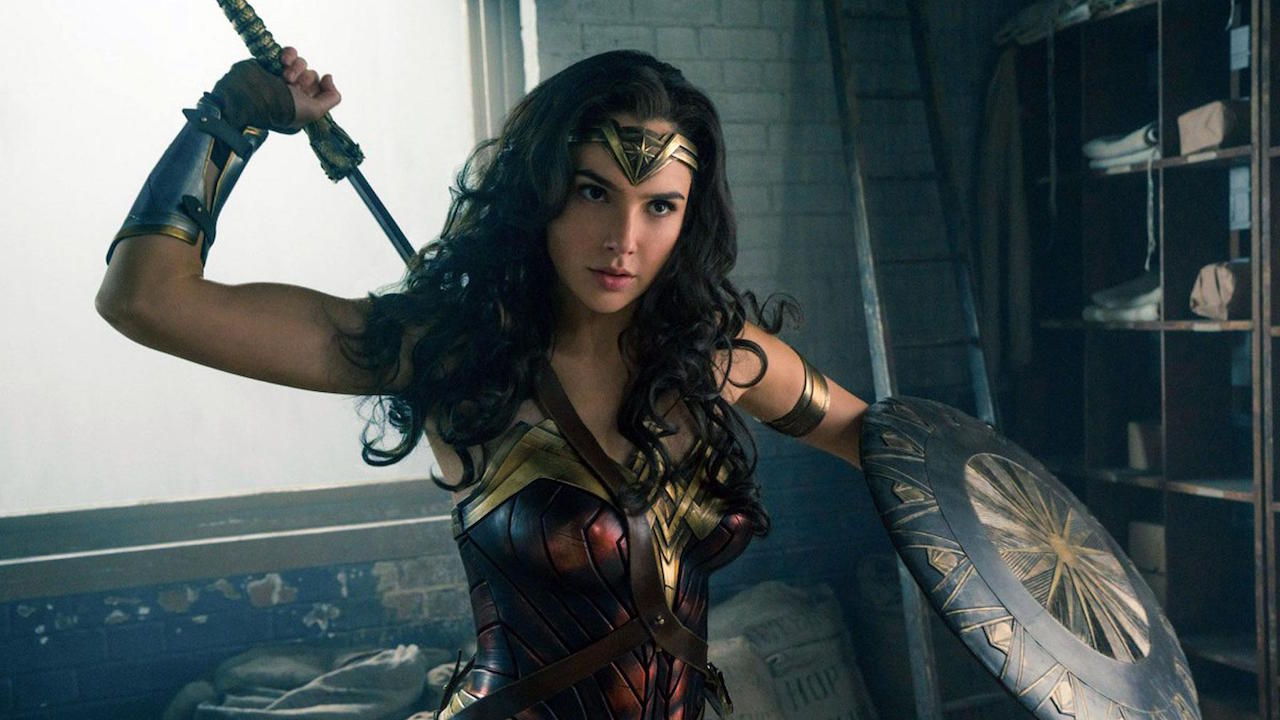
Arguably straddling two major movie trends of the year - big blockbusters and surprising hits - is the superhero movie genre. Despite many critics’ claims that the success of the superhero movie couldn’t last forever, we’re now 17 Marvel movies deep with no sign of respite. Why? Because unlike some big film franchises, the genre isn’t afraid to reinvent itself. Logan is a gritty western unlike anything we’ve ever seen from the X-Men films before, Spider-Man: Homecoming is a teen movie which has more in common with a John Hughes movie than the MCU, and Thor: Ragnarok was a borderline spoof of itself and comedic triumph. Even the most ‘traditional’ successful superhero film of the year - Wonder Woman - still breaks the mould by being the first major female-led film in the genre. Yes, there were failures too - mainly Justice League and maybe even Guardians of the Galaxy Vol. 2 for not really doing anything more than its first movie - but even they were box office successes. Hell, as of writing, Justice League has only just dropped out of the top 10 worldwide grossing movies of the year despite its obvious flaws and the hate it’s been getting from critics and fans alike. “We're at a point now where filmmakers are playing around in the superhero genre and taking it in new directions – to the point where anything more by-the-book (e.g. Justice League) feels a bit tired,” says Edwards. “Superhero movies aren't going anywhere – but I think they need to continue evolving to stay relevant.” And evolving they are. Next year sees the start of the end of the MCU as we know it, according to Marvel Studios head honcho Kevin Feige, with Avengers: Infinity War, and there’s no reason why other superhero movies can’t follow suit. As long as they do, we won’t be saying goodbye to the caped crusaders of the box office just yet.
From white-washing to Weinstein

But talking about the year in films doesn’t just mean talking about the biggest releases (successful or otherwise), and 2017 wasn’t without its controversies. While the now infamous Best Picture mix-up at the Oscars was more humorous than harrowing, the white-washing issue which began with Doctor Strange in 2016 continued with the Ghost in the Shell and Scarlett Johansson. “I think whenever you cast someone, someone’s going to be critical about it,” director Rupert Sanders told me at the time. “I stand by my decision that she’s the best actress of her generation and I was flattered and honoured that she would be in this film.” It certainly wasn’t an isolated incident though with Netflix and Adam Wingard also fending off criticism this year for Death Note - another western remake of a Japanese manga, which featured a predominantly white cast. While 2017 certainly won’t be known as the year which banished racism from Hollywood, it may well be remembered as the year fans let filmmakers know that enough was enough. And with successful movies such as Get Out dealing with race as it’s never been seen in cinema before, and upcoming big blockbusters like Black Panther championing mainstream diversity, the future looks bright.
Get sneak previews, exclusive competitions and details of special events each month!
Of course, white-washing wasn’t the only difficult issue Hollywood dealt with this year as the Harvey Weinstein scandal gave rise to a worrying number of revelations about inappropriate behavior from behind the camera. While it’s still too soon to say whether the allegations against numerous producers, directors, and actors will lead to any real change within the industry, it’s at least encouraging to see the accusers being heard and individuals such as Kevin Spacey facing real consequences. Indeed, the fact that The Silence Breakers were named TIME’s Person of the Year gives hope that this won’t be brushed under the carpet and forgotten about come next year. And on the slightly more optimistic side of things, 2017 was a fantastic year for women in film in other ways, as Fletcher explains: “Despite the hideousness going on behind the camera, in front of the camera, 2017 is very much the year of the heroine.” She says. “While representation is still skewed male, we've seen the rise of some terrific and nuanced female characters from Wonder Woman to Patti Cake$, the Barden Bellas to the reasonable and principled women of The Last Jedi. Some amazing true life stories have highlighted amazing and unusual women too in Molly's Game, I,Tonya, and Battle of the Sexes.” While it seems everyone proclaimed ‘the future is female’ this year, there’s still some way to go, especially in the movie industry, but we can safely say that 2017 will have at least played a part in that future.
Of course, this isn’t everything that happened in the world of films this year. There’s plenty of major releases I haven’t mentioned, from Kong: Skull Island to The Fate of the Furious, and we also said goodbye to some legends, such as Sir Roger Moore and George A Romero, not to mention a number of big anniversaries, including 40 years since the release of the first Star Wars movie. But ultimately, this is how your 2017 looked if you were a movie-lover. You got a little older, kicked-ass in No Man’s Land, remembered what it was like to be a teen, saw your fears come to life, returned to a 35-year-old beloved world, and travelled to a galaxy far, far away (again). Phew, anyone else tired? Here’s to 2017 and the movies yet to come.
Lauren O'Callaghan is the former Entertainment Editor of GamesRadar+. You'd typically find Lauren writing features and reviews about the latest and greatest in pop culture and entertainment, and assisting the teams at Total Film and SFX to bring their excellent content onto GamesRadar+. Lauren is now the digital marketing manager at the National Trust.
